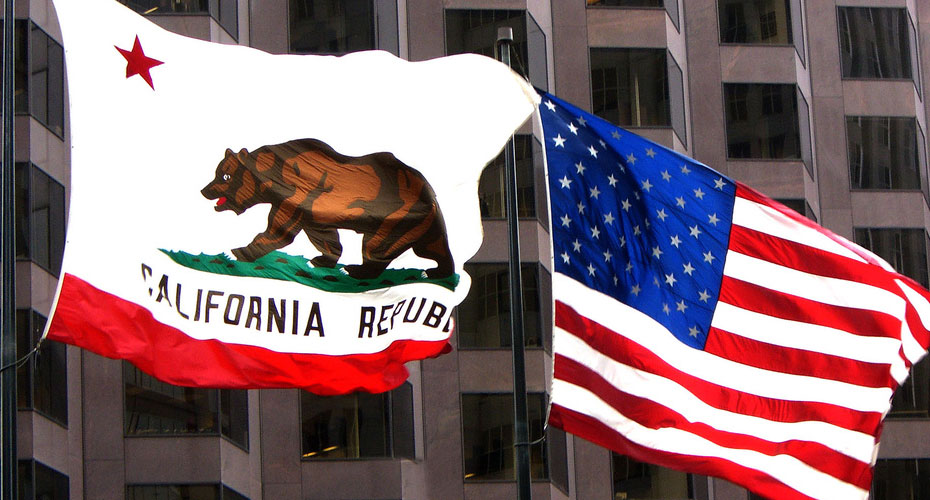Workers earn $125/month less after wage hike
Minimum wage debates can ignite plenty of strong opinions, mainly over its perceived implications on hiring. While philosophies are nice, data can speak volumes. Now, we might have some data to ponder. Unfortunately, it’s not looking good for the cause.
![]()
In the wake of Seattle’s minimum wage increasing to $13 dollars an hour, the highest in the country, low-wage workers are earning $125 per month less because of the wage increase. This is according to a study conducted by The University of Washington and published through The National Bureau of Economics.
The study observed the number of new jobs created in various employment sectors, as well as the number of hours worked in certain jobs whose hourly rates fell into that minimum-wage category.
But isn’t more money good?
Per its abstract, the study concludes that the, “wage increase to $13 reduced hours worked in low-wage jobs by around 9 percent, while hourly wages in such jobs increased by around 3 percent. Consequently, total payroll fell for such jobs, implying that the minimum wage ordinance lowered low-wage employees’ earnings by an average of $125 per month in 2016.”
Seattle’s minimum wage increase rolled out in two phases; in April 2015, wages increased from $9.47 to $11 an hour. The study found this increase to have minimal negative impacts, and those impacts were set off by the gains to employees.
However, as website FiveThirtyEight points out in their coverage of the study, “not many workers earned less than $11 an hour even before the law took effect.”
The second phase, where wages rose to $13 an hour, was the tipping point where employee gains were hurt by other factors.
Garnering more attention
This is crucial data to have, in large part because of how applicable it is to our modern economic environment. Past research generally (though not always) that modest minimum wage increases have little impact on the employer.
However, according to that same FiveThirtyEight article, cities contemplating wage increases are entering a less-than-moderate area. In fact, some cities want to raise their minimum wage as high as $15 an hour in the years to come.
Cities like Seattle and others will be testing grounds to demonstrate when a raise is too high to benefit the workers it is supposed to help. In fact, economists are so enthused about these test cases, that local colleges and other institutions are funding research teams to conduct studies. Hopefully, similar institutions will follow suit.
#phase3
Born in Boston and raised in California, Connor arrived in Texas for college and was (lovingly) ensnared by southern hospitality and copious helpings of queso. As an SEO professional, he lives and breathes online marketing and its impact on businesses. His loves include disc-related sports, a pint of a top-notch craft beer, historical non-fiction novels, and Austin's live music scene.








































